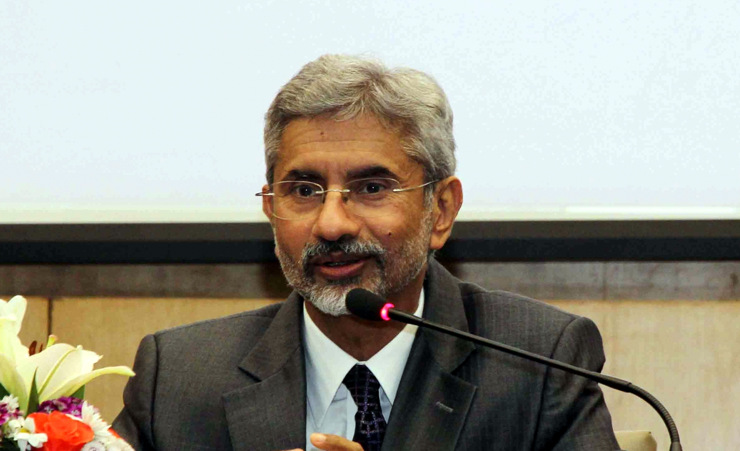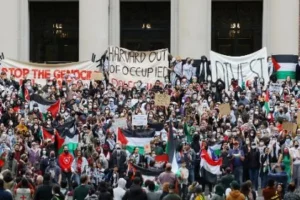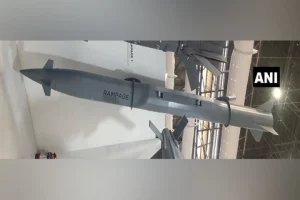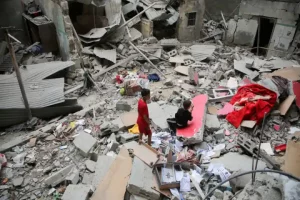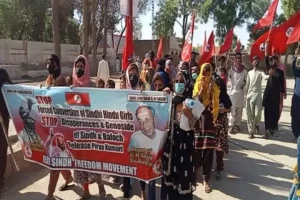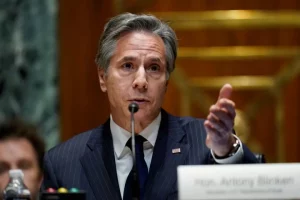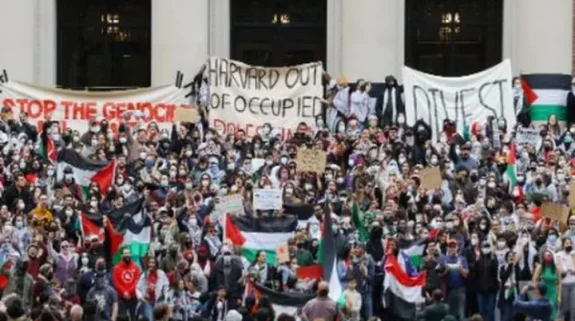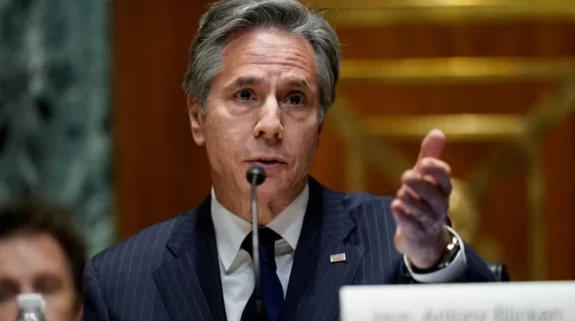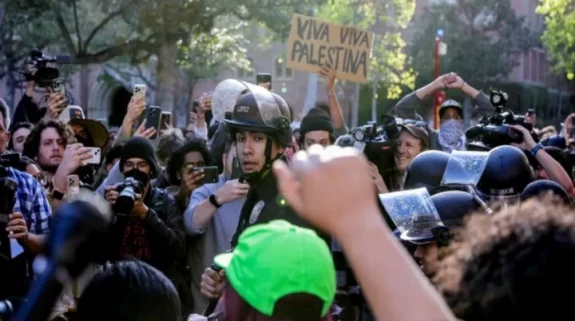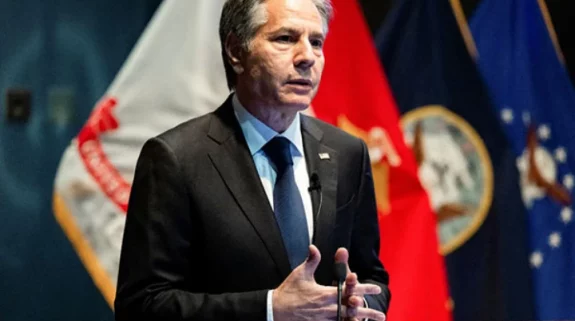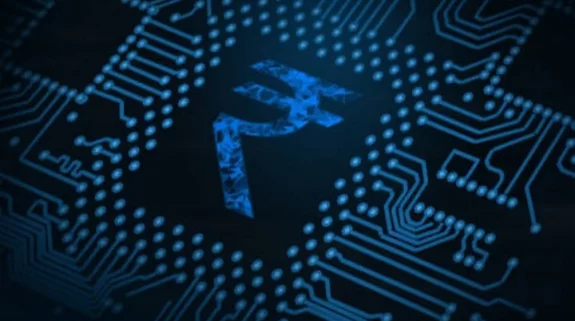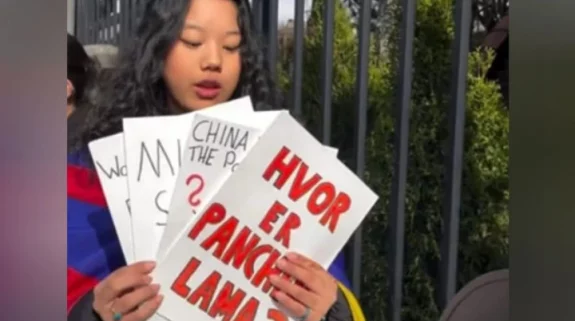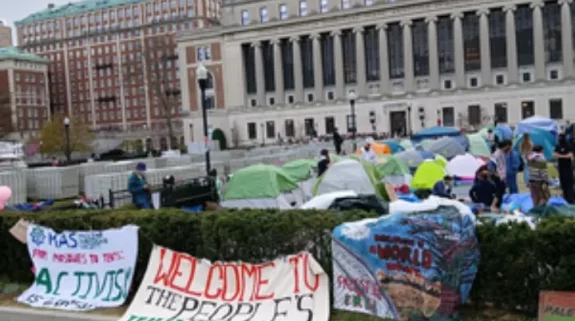External Affairs Dr S. Jaishankar said that Indians understand the threats that emanate from climate change. "There aren't too many climate sceptics in our part of the world. In fact, there will be more in the developed countries", he said.
Jaishankar was speaking at an online session, ‘Global Leadership – Radical Actions for a Post Pandemic Era’ along with Tony Blair, Former Prime Minister of the UK, at the India Global Forum.
He said: "The issue isn't recognising the problem, it is resourcing the solution. The real worry is if you look at the history of how we have dealt with climate change, we have seen promises year after year, conference after conference, we have seen a continuous inability to live up to the promises."
There is a new global agenda in the making. It is much greener, more health-conscious, much more digital. It looks at a lot of other insecurities that were magnified by the pandemic, food for example @DrSJaishankar at IGF2021.
Watch NOW https://t.co/qdveZDcZk8 pic.twitter.com/bANkIXukMI— India Global Forum (@IGFupdates) June 30, 2021
The minister highlighted the fact that dealing with climate change is not about raising awareness and telling people that there is a big problem. He said the issue is whether countries have a commitment to putting resources to deal with the problem. "And that's something which particularly the countries which have occupied a lot of carbon space have to find answers to", Jaishankar added.
Agreeing with Jaishankar, Blair said: “The wealthy part of the world that has essentially created the problem has got to put in place the resourcing for the developing world as it grows and gets access to electricity and transport in a sustainable way.”
"It’s very hard to get an agreement on UN reforms, because the countries that have positions don’t want to give it up, like Britain, for example. Yet, you cant justify a situation where India is not a permanent member of the Security Council" @InstituteGC https://t.co/qdveZDcZk8 pic.twitter.com/KJ9Uv45XAF
— India Global Forum (@IGFupdates) June 30, 2021
Talking about the Conference of Parties on climate change (COP26) to be held in Scotland, Glasgow, the former British prime minister said: "The COP 26 meet would be an opportunity for the world to set out a practical plan out there", adding that the richer nations can put together projects of clean energy in continents like Africa, allowing people to do carbon capture storage and reduce emissions even as they grow and bring people out of poverty.
Jaishankar highlighted India's efforts at dealing with climate change, pointing to the International Solar Alliance (ISA) which seeks to tap the sun's energy across the world.
He took the opportunity to also talk about the swiftly-changing geo-politics and the shift to a multi-polar world. Jaishankar said: "The question is do we reform the Security Council. India is the fifth largest economy, the second largest country and is not in the Security Council. But there is a bigger issue whether multilateralism is living up to the new global challenges and the new global agenda".
Talking about the Covid-19 pandemic, Jaishankar said: "The new global agenda is much greener, more health-conscious, much more digital. It looks at insecurities which were magnified by the pandemic – like food and sustainable agriculture." He stressed that the world will not be able to beat the pandemic if it does not come together.
India is proposing reforms of the multilateral institutions beyond merely seeking an expansion of the permanent members in the UN Security Council, Jaishankar said, "75 years is a long time. It needs a refresh. It needs an update. We need a new agenda, system and process out there. We can't have people who benefited at one point in history from a certain set of circumstances who can kind of freeze it and say that's how the world's going to be forever".






